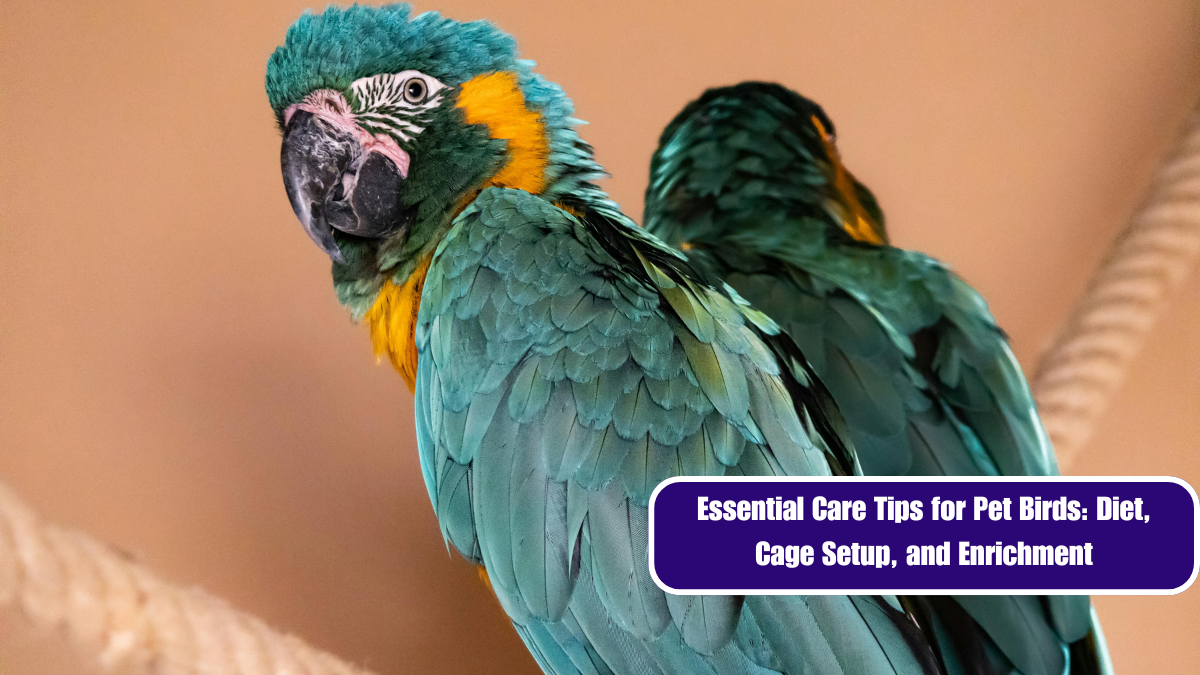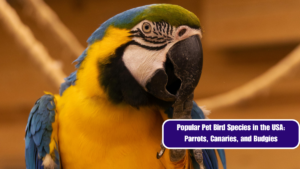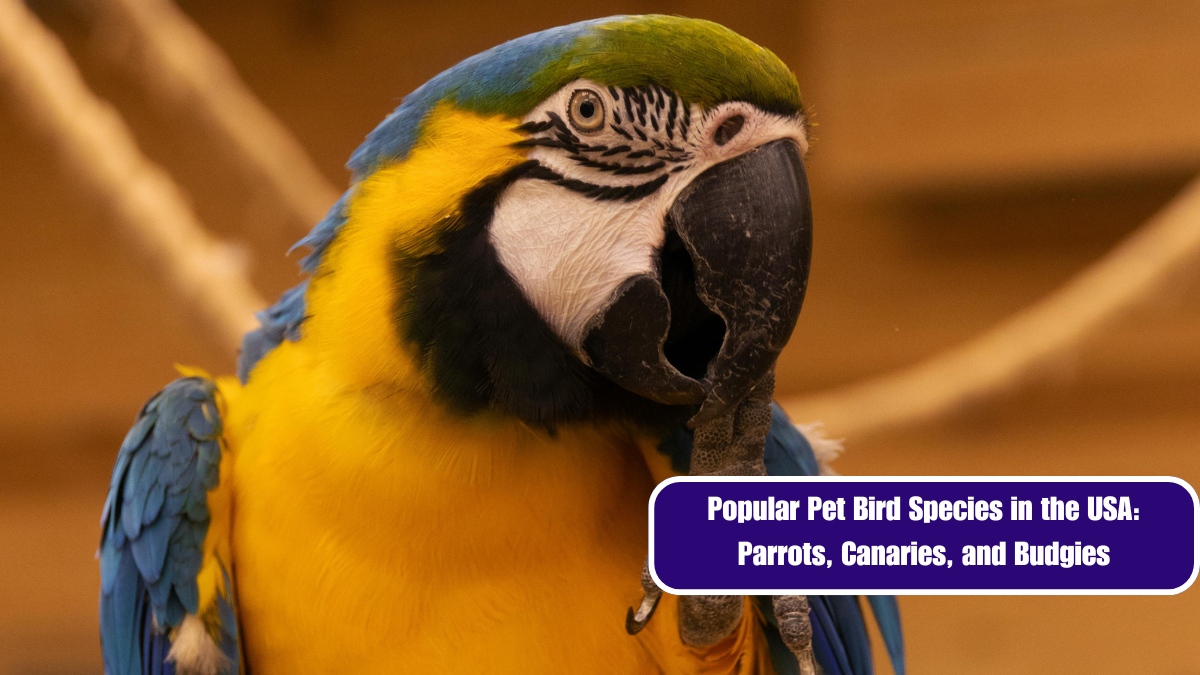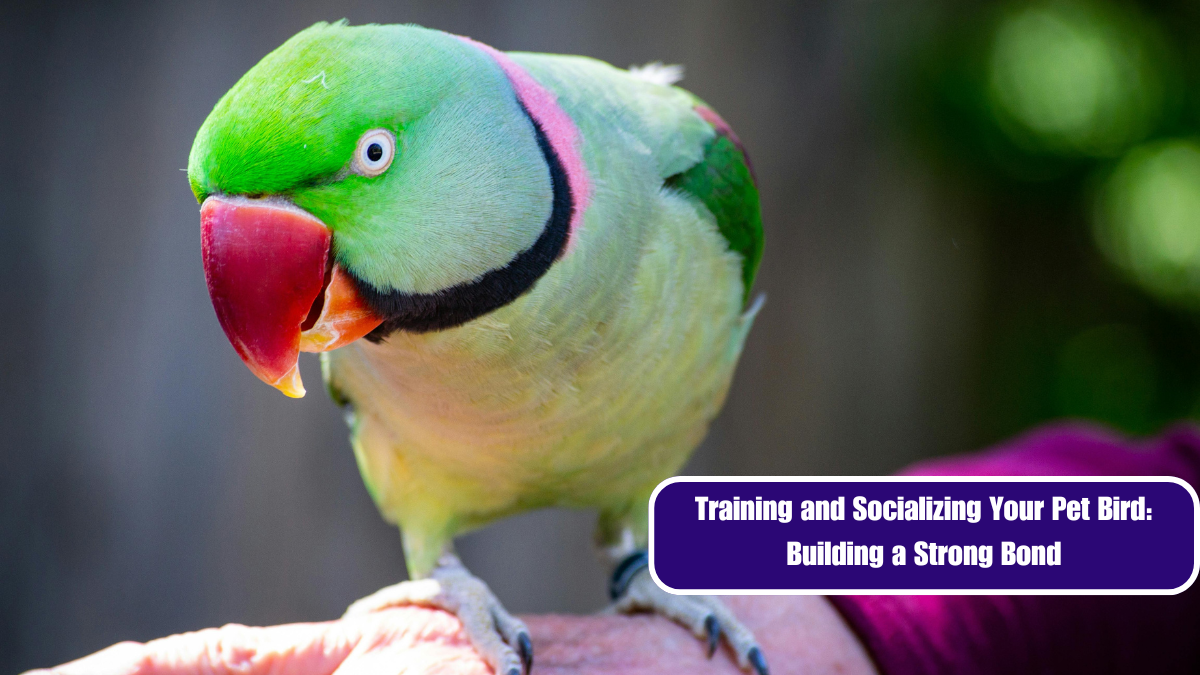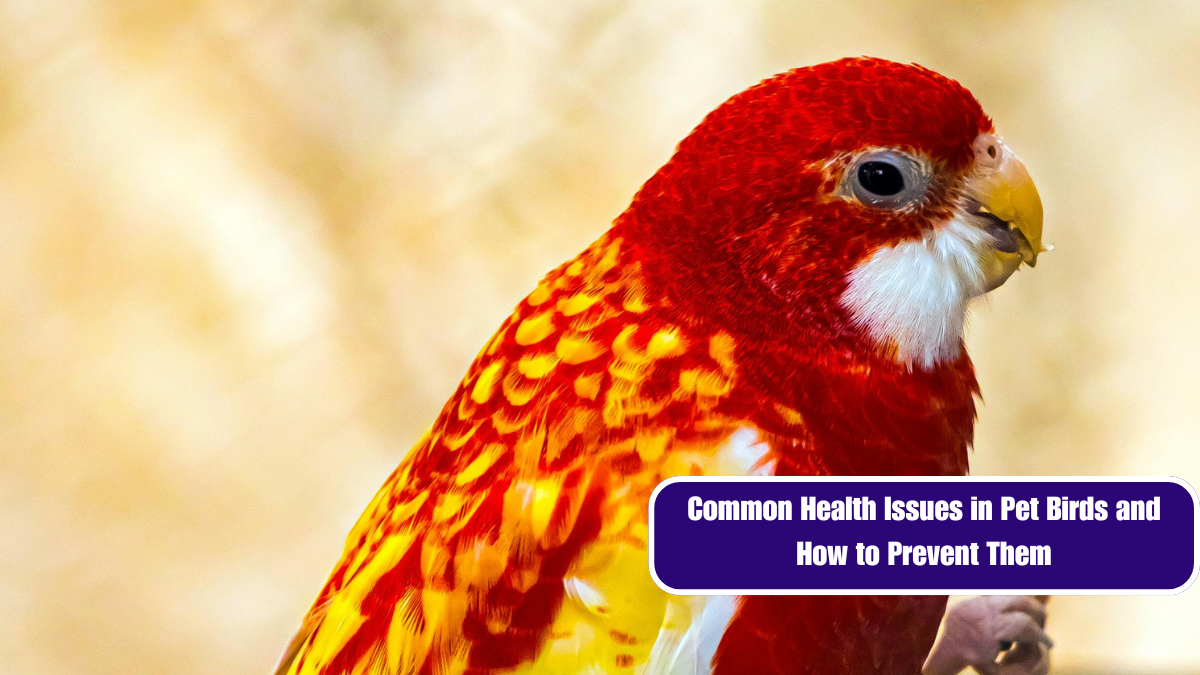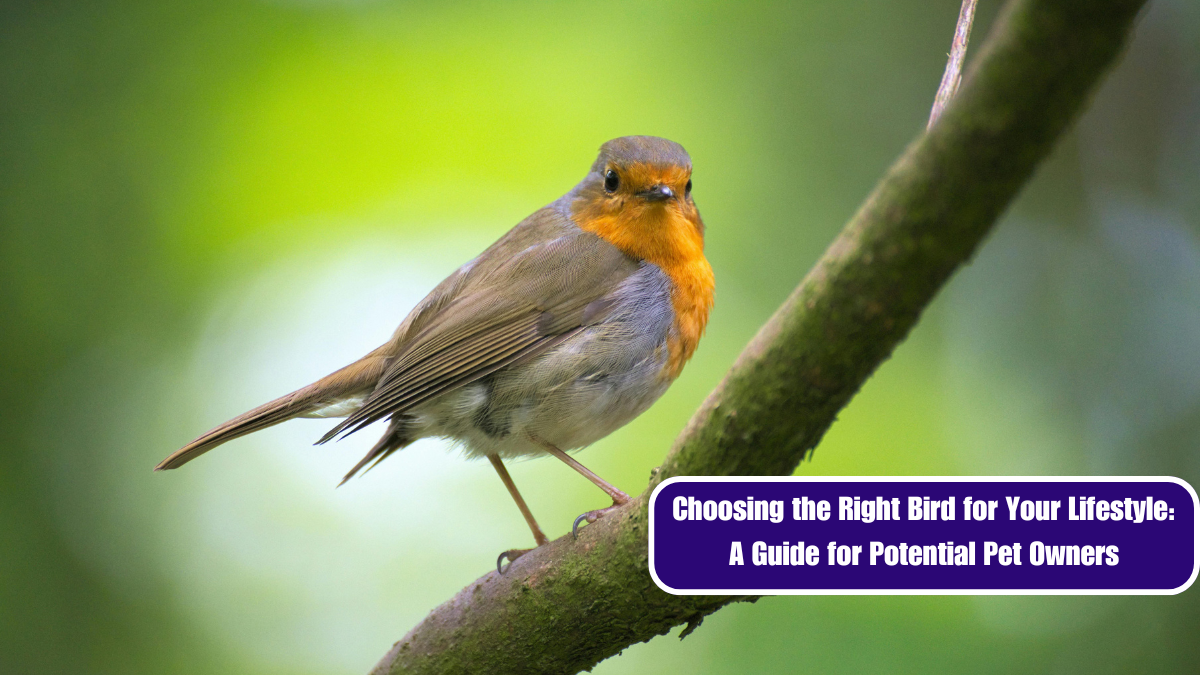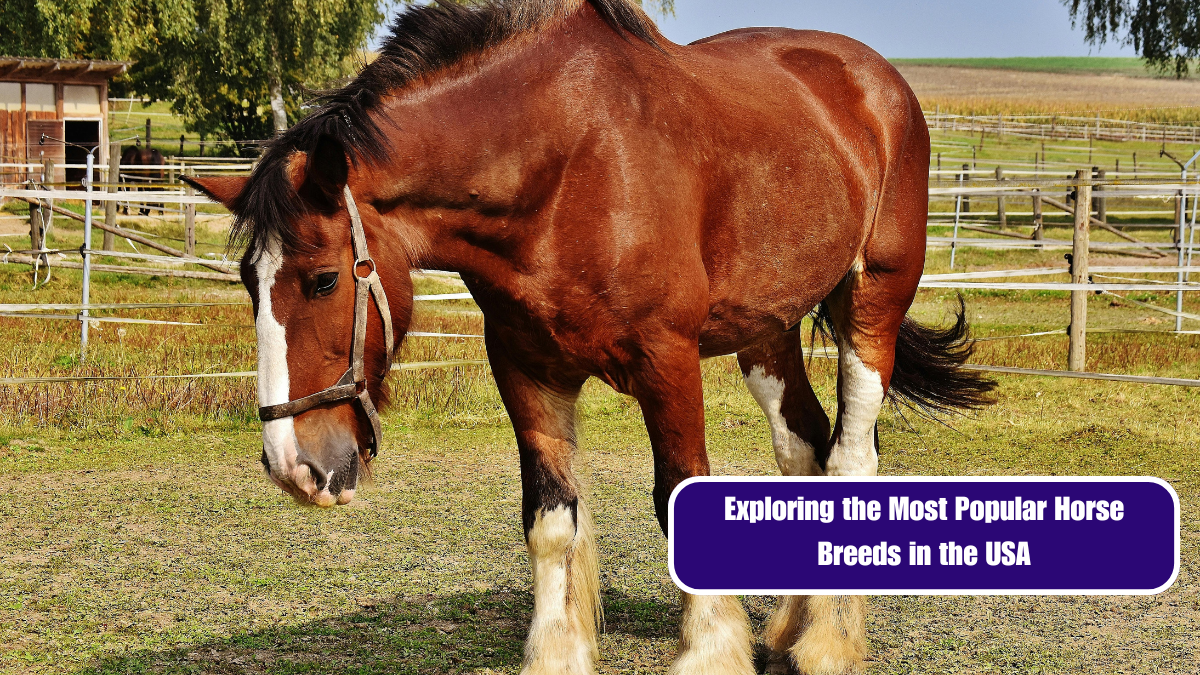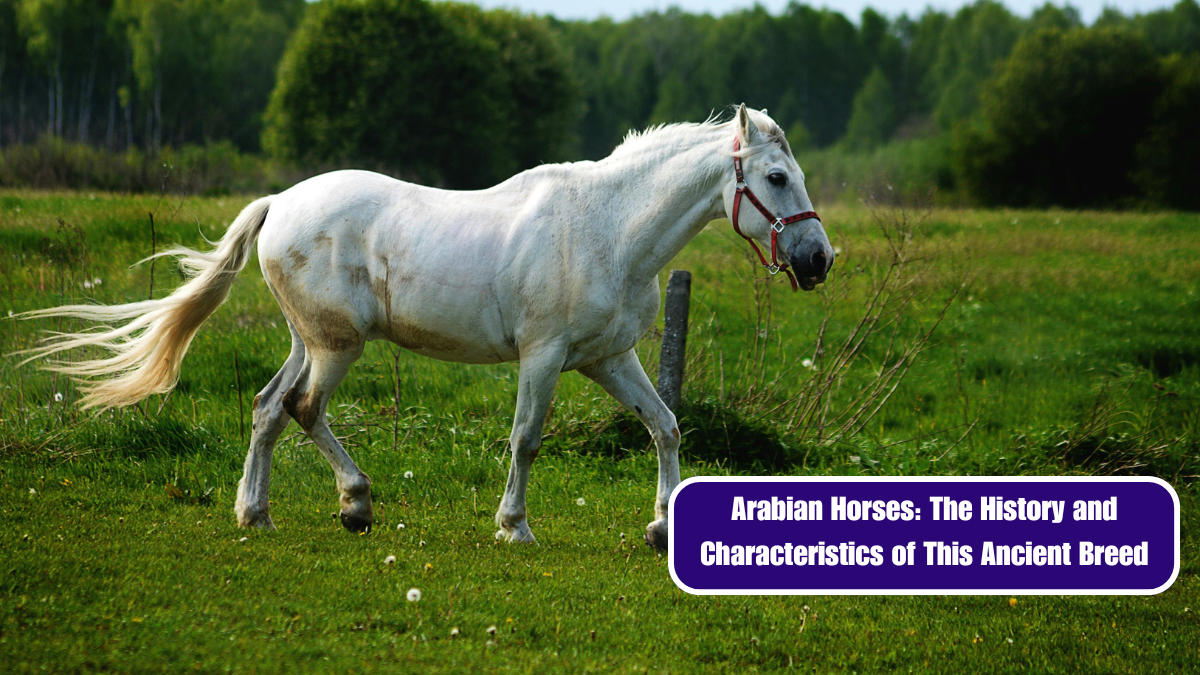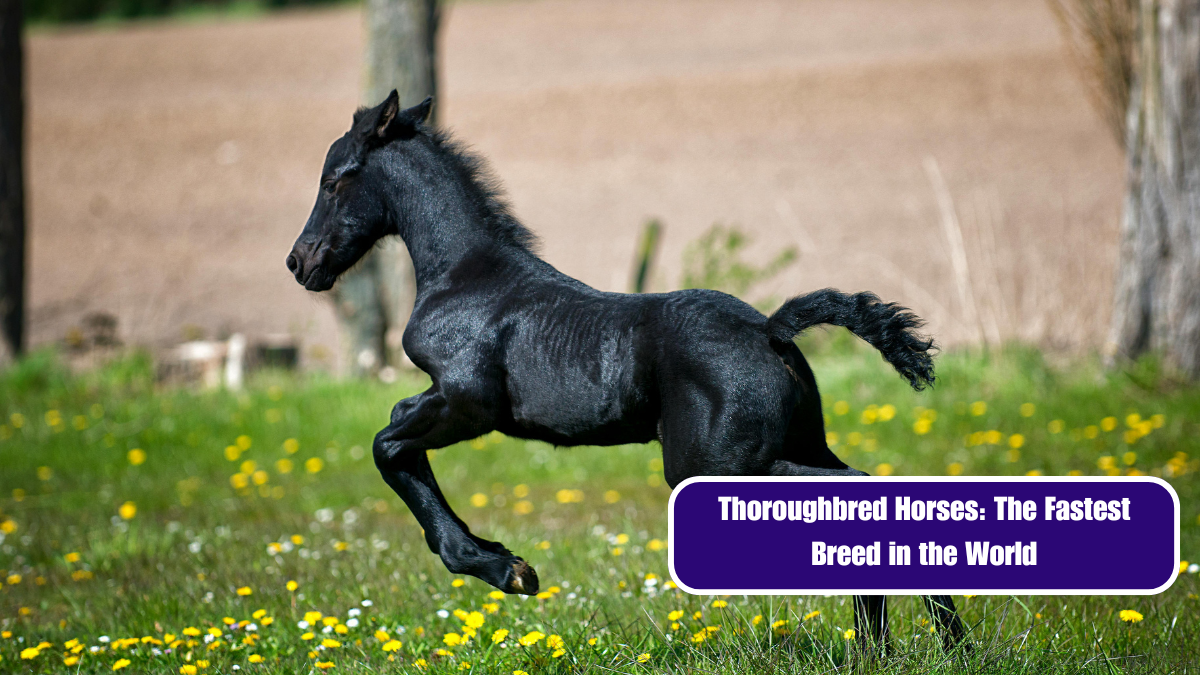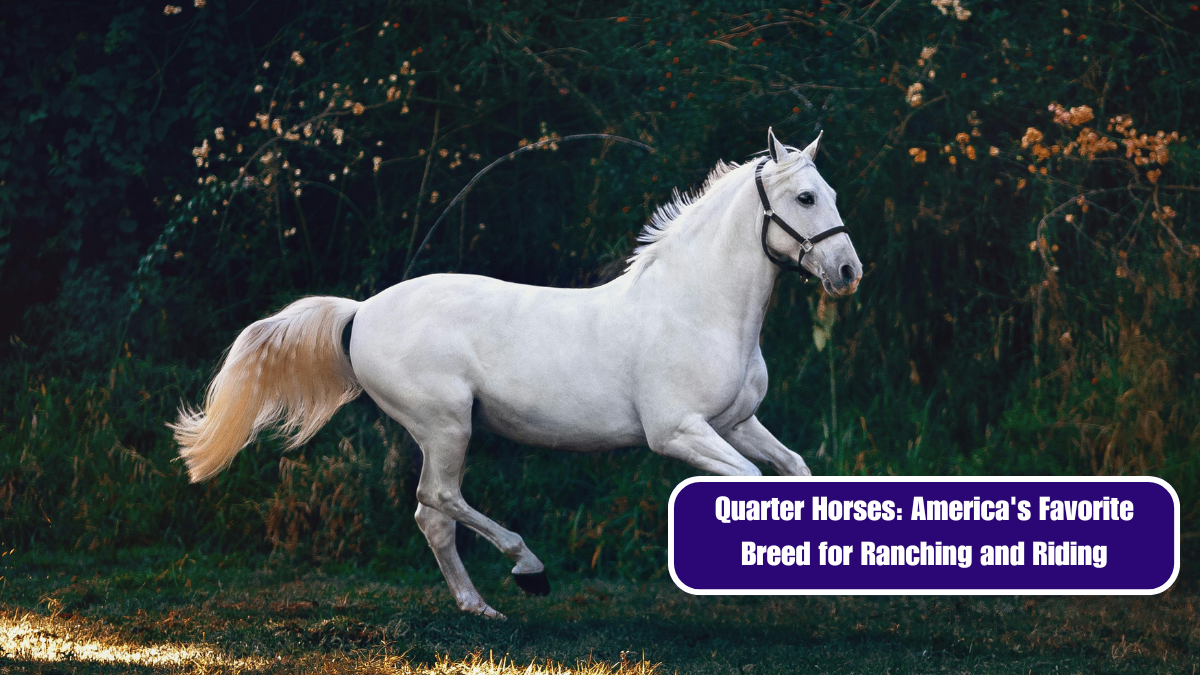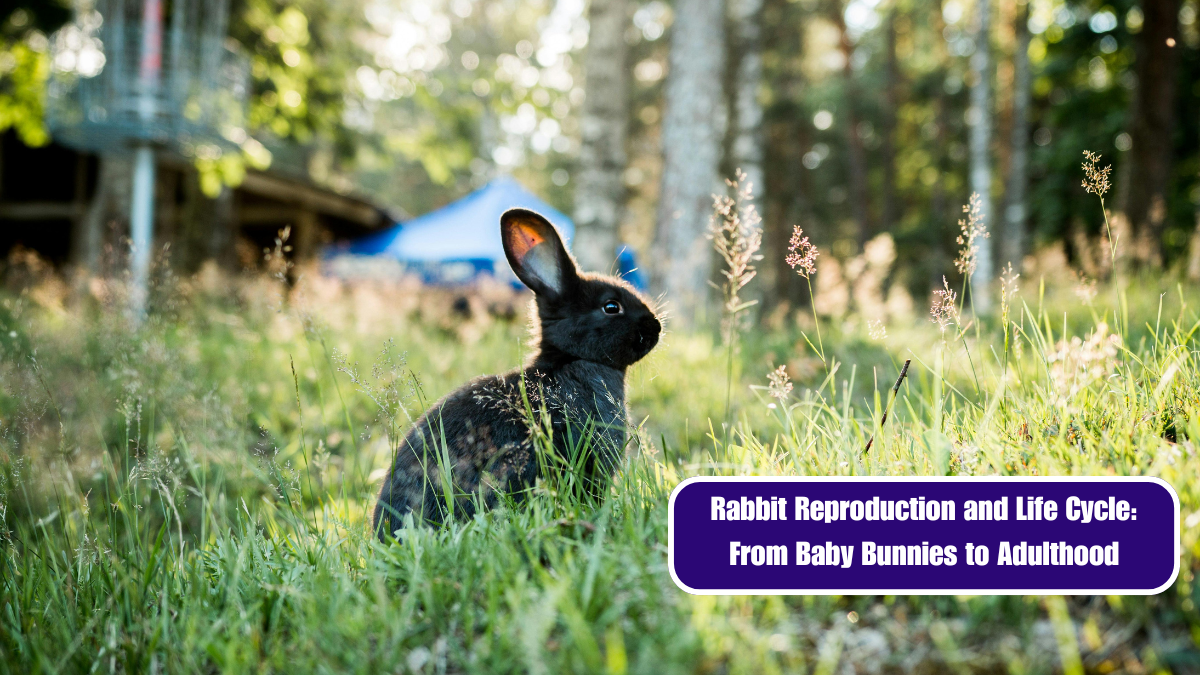Pet birds bring joy, companionship, and vibrant life to any household. Their care, however, requires attention to their unique needs, which include proper diet, appropriate cage setup, and stimulating enrichment activities. By addressing these three key areas, you can ensure your feathered friend leads a healthy and happy life.
1. Diet: A Balanced and Nutritious Menu
A proper diet is fundamental to the health and well-being of pet birds. Unlike cats and dogs, birds have specific dietary requirements based on their species. Here’s a general guide to creating a balanced diet for your feathered friend:
- Pellets: High-quality pellets should make up the majority of your bird’s diet. They are formulated to provide balanced nutrition, including essential vitamins and minerals. Choose pellets that are appropriate for your bird’s size and species.
- Fresh Fruits and Vegetables: Offer a variety of fresh produce to complement the pellets. Birds enjoy fruits like apples, berries, and bananas, and vegetables such as carrots, spinach, and bell peppers. Wash all produce thoroughly and cut them into manageable pieces to prevent choking.
- Seeds and Nuts: While seeds and nuts can be a tasty treat, they should not be the primary part of your bird’s diet due to their high fat content. Offer these in moderation and opt for unsalted, unseasoned varieties.
- Water: Fresh, clean water should always be available. Birds are sensitive to changes in their water source, so ensure it is replenished daily and kept in a clean container.
2. Cage Setup: Creating a Safe and Comfortable Environment
The cage is not just a home for your bird; it’s a place where they spend a significant amount of their time. Ensuring it meets their physical and psychological needs is crucial:
- Size and Space: Choose a cage that is spacious enough for your bird to move around comfortably. For larger birds, a larger cage with ample room to stretch their wings is essential. As a rule of thumb, the bigger the cage, the better.
- Bar Spacing: Ensure the bar spacing of the cage is appropriate for your bird’s size to prevent escape or injury. Small birds like finches need narrower spacing compared to larger birds like parrots.
- Perches and Toys: Provide a variety of perches made from different materials (such as wood, rope, or natural branches) to promote healthy foot and beak exercise. Incorporate a range of toys, including chew toys, mirrors, and bells, to keep your bird engaged and prevent boredom.
- Cage Placement: Position the cage in a well-lit area that is not too drafty or exposed to direct sunlight. Birds enjoy being part of the household activity, so placing the cage in a social area can be beneficial.
3. Enrichment: Mental Stimulation and Social Interaction
Birds are highly intelligent and social creatures, and mental stimulation is as important as physical care:
- Interactive Toys: Invest in toys that challenge your bird’s intellect and curiosity. Puzzle toys, foraging toys, and toys that mimic natural behaviors can provide hours of entertainment.
- Training and Socialization: Spend time interacting with your bird daily. Training sessions not only improve behavior but also strengthen your bond. Positive reinforcement with treats and praise encourages learning and social interaction.
- Out-of-Cage Time: Allow your bird to fly or explore outside the cage in a safe, bird-proofed area. Supervised flight time or playtime in a bird-safe room promotes physical exercise and mental stimulation.
- Companionship: Many birds thrive on social interaction, whether with humans or other birds. If your bird is alone, consider scheduling regular social interaction, or if appropriate for the species, providing a companion.
Caring for pet birds involves more than just providing food and shelter; it requires a holistic approach that includes a balanced diet, a well-designed living space, and enriching activities. By paying attention to these essential aspects of bird care, you’ll create a thriving environment for your feathered friend, ensuring they remain healthy, happy, and well-adjusted.
